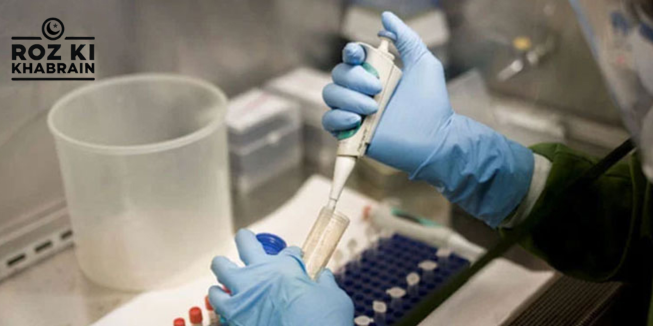The National Institute of Health’s Regional Reference Laboratory for Polio Eradication in Pakistan has confirmed the presence of wild poliovirus type 1 (WPV1) in sewage samples collected from 17 districts already facing polio outbreaks.
The districts where sewage samples tested positive for the virus include:
Islamabad, Lasbela, Khuzdar, Quetta, Killa Saifullah, D.G. Khan, Barkhan, Sibi, Dukki, Mastung, Lakki Marwat, Bahawalpur, Gujranwala, Noshki, Kech, Rahim Yar Khan, and Lahore.
An official from the laboratory explained that while a positive sewage sample indicates the virus’s environmental presence, a positive case refers to a child who has been paralyzed by the virus.
“Sewage samples are crucial indicators for assessing the effectiveness of polio vaccination campaigns,” the official stressed, underscoring the importance of ongoing immunization efforts.
Read more: ‘Over 1.1 million children left unvaccinated in Pakistan’s 2024 anti-polio drive’
Pakistan’s final sub-national anti-polio campaign of 2024 fell short of its vaccination goal, leaving 1,122,537 children unvaccinated.
The campaign aimed to vaccinate 36,360,037 children, but only 35,712,922 children were successfully immunized, achieving 98% of the target. Sources revealed that 739,201 children were unavailable for vaccination, and 71,330 parents refused the vaccine for their children.
Overall, the campaign left 302,006 children unvaccinated.




